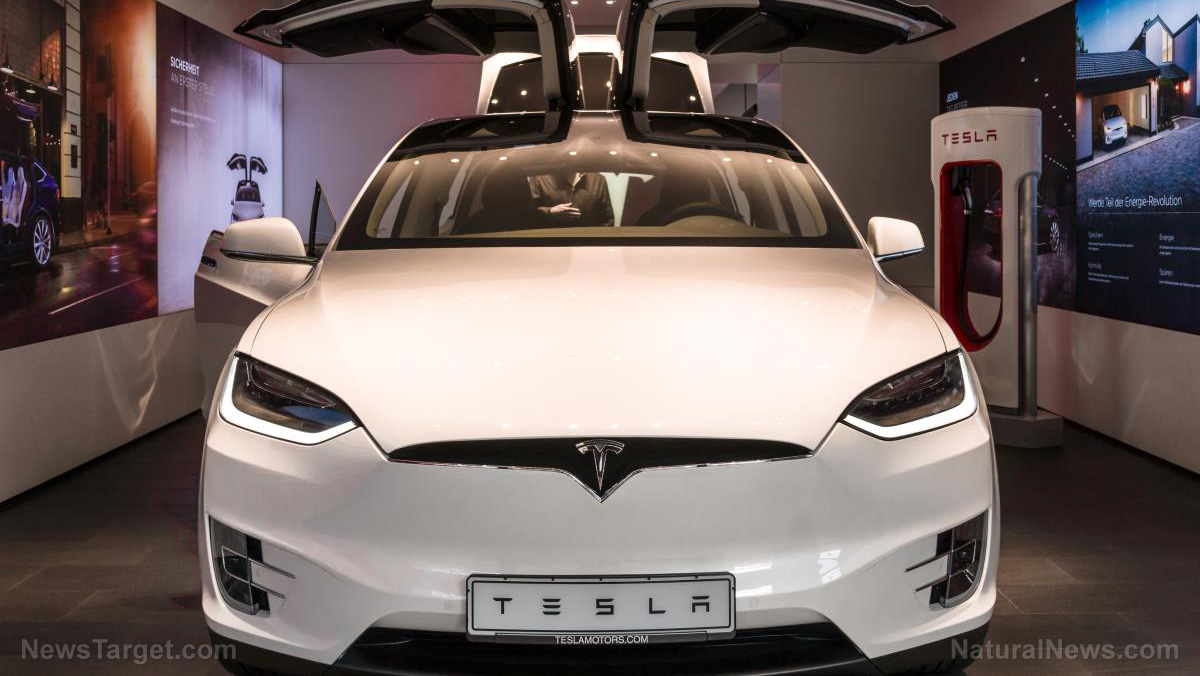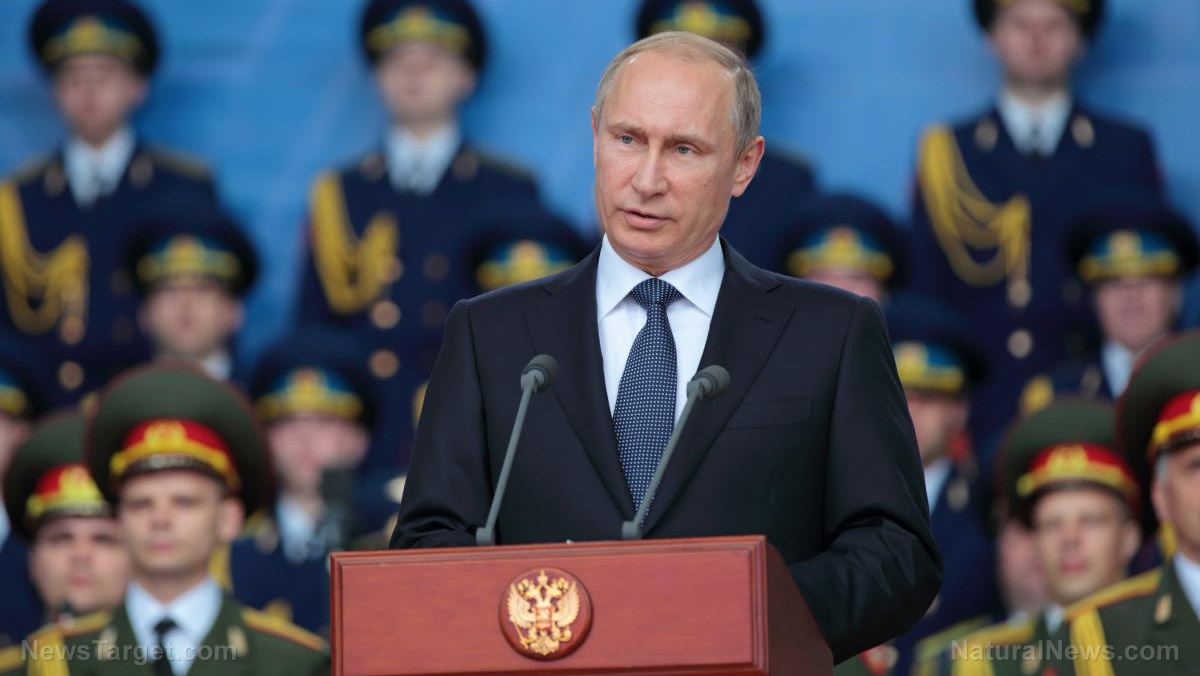Biden wants Americans to buy electric cars made with Russian aluminum
03/22/2022 / By Kevin Hughes

United States President Joe Biden and Transportation Secretary Pete Buttigieg were recently mocked by conservatives for suggesting that working-class Americans scrambling to pay the soaring oil prices should consider acquiring an electric vehicle (EV) instead.
Yet, this easy solution supported by Democratic elites might just be even more unreal considering the current financial situation of many Americans. It turns out, the U.S. doesn’t only depend on Russia for oil imports – it also depends on Russia for materials used to create EVs.
This past week CNBC reported that EV-maker Tesla, which is owned by billionaire Elon Musk, has bought materials such as aluminum from a Russian metals giant that was once authorized by the Department of the Treasury.
Musk, who regularly confuses the authority by building electric vehicles and releasing contentious tweets that boldly ignore the favored authority narrative, was fast to throw his industrial power behind efforts to help Ukraine amid the Russian invasion.
The firm Tesla has ties with is Rusal, which was established by the sanctioned Russian industrialist Oleg Deripaska. As previously reported by EuroNews, sanctions against Russia not only sent the global fossil fuel supply chain into chaos, but also exposed the fact that the electric vehicles espoused by Biden and Buttigieg are reliant on foreign suppliers.
Rising prices of raw materials could hamper development of EV vehicles
“Rising prices of nickel, lithium and other materials threaten to slow and even temporarily reverse the long-term trend of falling costs of batteries, the most expensive part of EVs, hampering the broader adoption of the technology,” said industry forecaster analyst Gregory Miller.
Miller added that “rising raw material prices certainly have the potential to delay the timeline on cost parity between EV and [internal combustion engine] vehicles, which could hamper the wider adoption of EVs.”
With the average price of lithium-ion battery cells possibly seeing a first year-over-year increase, the invasion of Ukraine has driven nickel prices to an 11-year high by concerns that Russia’s exports of the metal could be interrupted. This leads to soaring EV prices.
Presently, Rusal is not covered by sanctions from the United States, meaning the U.S. could depend on other exports from Russia for EVs to become a reasonable solution to the gas supply crunch.
It is not different to the consequence of the catastrophic withdrawal from Afghanistan, when China quietly waited on the sidelines as Biden guided his incompetent retreat from the war-torn country, eager to work with the Taliban to mine what could be the largest lithium deposits in the world.
China has cornered the world’s lithium supplies, a truth that Biden unwittingly and quite ironically called attention to this past month.
During a White House event intended to concentrate on the American energy industry, Biden advertised the development of an American lithium mine that end up being part-owned by a Chinese company that was once tagged as a security risk by the Department of Energy.
Biden administration allots $5 billion for EV charging stations
Meanwhile, the Biden administration last month rolled out a plan to allot $5 billion to fund electric vehicle chargers over five years as part of the bipartisan infrastructure package that involves $7.5 billion to establish a sprawling system of EV charging stations nationwide.
The investment is part of the Biden administration’s wider program to battle climate change and promote the clean energy transition. The administration has bragged about EVs as more affordable for Americans than gas-powered cars and has promised that half the vehicles sold in the U.S. will be electric or plug-in hybrids by 2030.
According to senior administration officials, the new direction will aid states in creating a network of EV charging stations along assigned alternative fuel passageways on the national highway system.
Despite recent increase in EV sales in the U.S., the transportation sector is still one of the biggest contributors to U.S. greenhouse gas emissions, consisting approximately one-third of emissions each year.
About 24 percent of new vehicles sold worldwide are likely to be fully electric by 2030 based on the predictions from consulting firm Alix Partners. The U.S. is the world’s third-biggest market for EVs next to China and Europe. (Related: Volkswagen to purchase $14 billion worth of battery cells in push to expand production of electric vehicles.)
Biden said that the program to build out charging stations could save an average driver who uses an electric vehicle up to $1,000 each year on gasoline. Tritium, an Australian company that builds EV chargers, is set to establish a manufacturing facility in Tennessee that will produce up to 30,000 chargers each year and create 500 local jobs.
Follow RoboCars.news to learn more about electric vehicles.
Watch the video below to know about Biden’s plan to have electric cars make up half of auto sales by 2030.
This video is from the Northernprolemedia channel on Brighteon.com.
More related stories:
Report: All new US cars and trucks can be electric by 2035, claim green energy advocates
Sources include:
Submit a correction >>
Tagged Under:
Aluminum, big government, Collapse, electric vehicle, Elon Musk, Europe, inflation, Joe Biden, lithium, metals, nickel, Pete Buttigieg, price increase, products, raw materials, Rusal, Russia, stupid, tesla
This article may contain statements that reflect the opinion of the author
RECENT NEWS & ARTICLES
COPYRIGHT © 2017 METALS NEWS

















